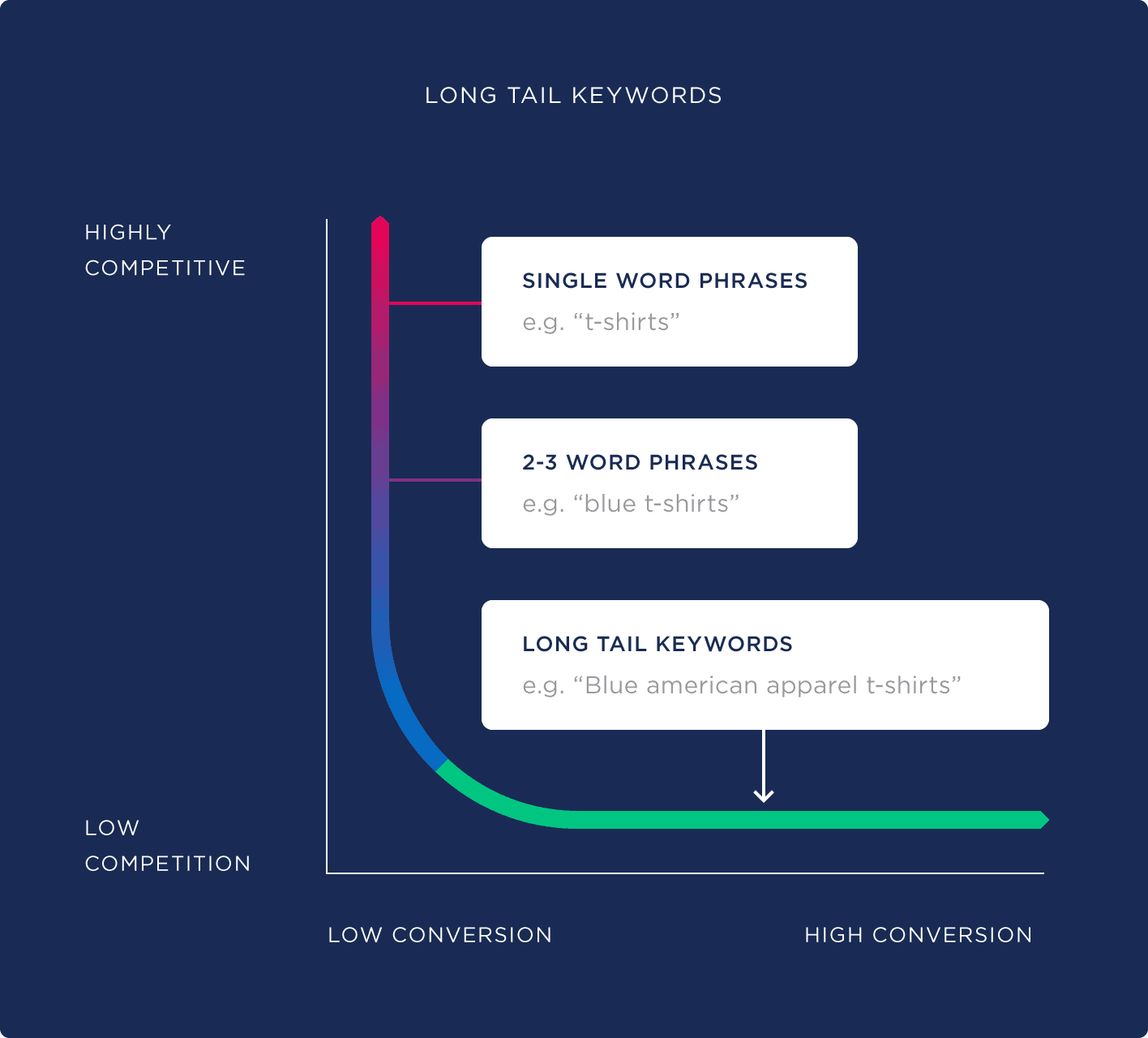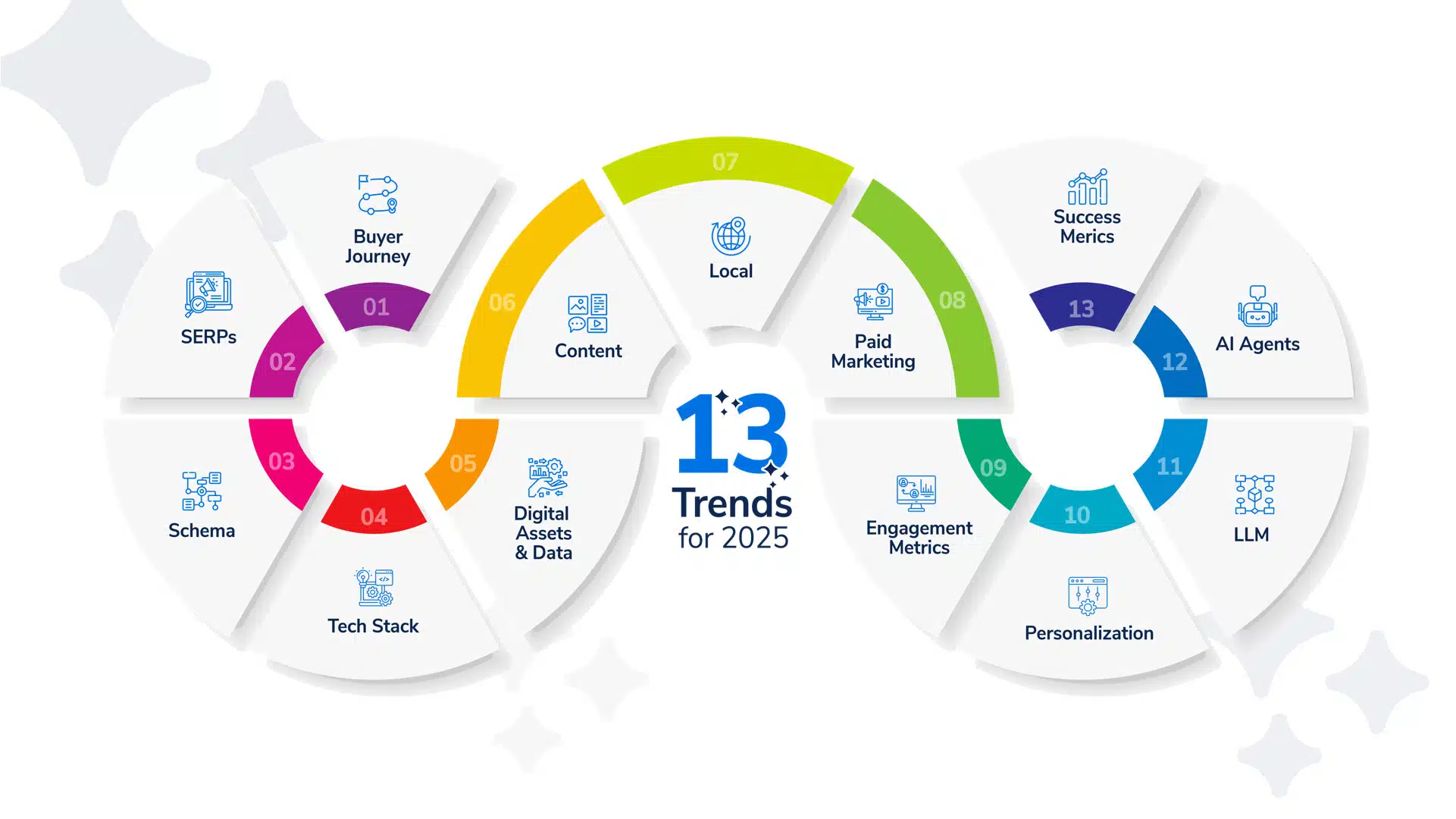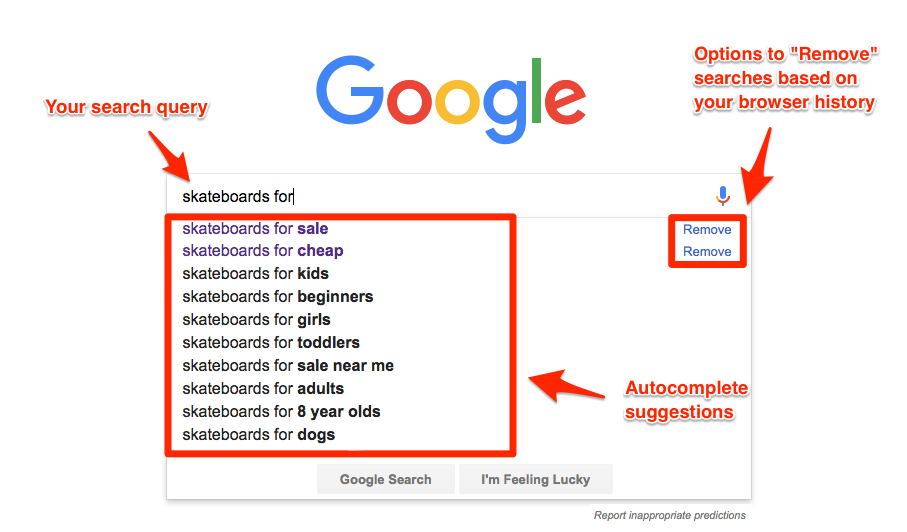How to Find High-Quality Keywords for Niche Blogs in 2025
In the competitive world of blogging, finding the right keywords can make or break your success. Especially for niche blogs, targeting high-quality keywords is crucial to driving relevant traffic and ranking higher on search engines. But as SEO evolves, so do the techniques for discovering the best keywords for your content.
This guide will walk you through the process of identifying high-quality keywords for your niche blogs in 2025 and implementing them effectively to boost visibility and engagement.
Why Are High-Quality Keywords Important?
Keywords are the bridge between what people are searching for and the content you provide. High-quality keywords ensure:
- Relevant Traffic: Attracting visitors genuinely interested in your niche.
- Higher Rankings: Competing for keywords with the right search intent increases your chances of ranking on Google’s first page.
- Better Monetization: Driving the right audience improves ad revenue, affiliate sales, and conversions.
By targeting high-quality keywords, you can create content that not only ranks but also resonates with your audience.
How to Identify High-Quality Keywords in 2025
Finding high-quality keywords requires a combination of tools, techniques, and strategies. Here’s how to get started:
1. Understand Your Niche Inside-Out
Before diving into keyword tools, take the time to understand your niche. Knowing your audience’s pain points, interests, and questions will help you identify high-quality keywords that align with their needs.
Steps:
- Identify your blog’s unique angle or specialty.
- Research forums, social media groups, and Q&A platforms like Tvtoto Quora to discover trending topics in your niche.
Example: If your niche blog is about eco-friendly living, keywords like “sustainable kitchen hacks” or “best zero-waste products 2025” might be relevant.
2. Use Keyword Research Tools
Keyword research tools are essential for finding high-quality keywords. In 2025, tools are more advanced, providing data on search volume, competition, and trends.
Recommended Tools:
- Google Keyword Planner: Free and reliable for identifying search volumes.
- SEMrush: Comprehensive insights into competitor keywords and traffic sources.
- Ahrefs: Ideal for discovering low-competition, high-volume keywords.
- AnswerThePublic: Great for uncovering long-tail keywords based on user queries.
Key Metrics to Look For:
- Search Volume: Aim for keywords with moderate to high search volume.
- Keyword Difficulty (KD): Lower KD indicates less competition.
- CPC (Cost Per Click): High CPC suggests the keyword has commercial intent.
3. Focus on Long-Tail Keywords
Long-tail keywords are phrases with 3-5 words that are more specific and less competitive. They often reflect user intent more accurately.
Examples:
- Instead of “fitness tips,” target “home fitness tips for beginners.”
- Instead of “travel guides,” target “budget travel guides for Europe 2025.”
These high-quality keywords are easier to rank for and attract a highly targeted audience.

4. Analyze Your Competitors
Studying your competitors can provide a goldmine of keyword ideas. Identify top-performing blogs in your niche and analyze their content for high-quality keywords.
Steps:
- Use tools like Ahrefs or SEMrush to see which keywords competitors rank for.
- Look at their meta titles, headings, and subheadings for keyword ideas.
- Find gaps in their strategy and target keywords they’ve overlooked.
5. Leverage Google’s Auto-Suggest and Related Searches
Google itself is a powerful tool for finding high-quality keywords. Use features like:
- Auto-Suggest: Type a topic in the search bar and note the suggested phrases.
- Related Searches: Scroll to the bottom of the search results for additional ideas.
Example: Searching “eco-friendly lifestyle” might suggest related terms like “eco-friendly lifestyle tips” or “how to start an eco-friendly lifestyle.”
6. Pay Attention to User Intent
In 2025, search engines prioritize user intent. Ensure the keywords you target align with what users expect to find.
Types of User Intent:
- Informational: Users want answers or knowledge. Example: “how to grow succulents indoors.”
- Navigational: Users are looking for a specific site. Example: “best WordPress blog themes.”
- Transactional: Users intend to make a purchase. Example: “buy eco-friendly cleaning products online.”
Focusing on intent ensures you attract the right audience to your niche blog.
7. Monitor Trends with Google Trends
Google Trends is a fantastic tool for staying ahead of the curve. It allows you to track seasonal trends and rising search terms in your niche.
Tips:
- Use it to plan content around trending topics.
- Identify evergreen keywords that remain relevant year-round.
Example: If your niche is personal finance, trending keywords might include “crypto investment tips 2025” during a market surge.
How to Use High-Quality Keywords Effectively
Finding high-quality keywords is just the first step. To maximize their impact, you need to use them strategically.
1. Optimize Your Content
- Use the focus keyword (high-quality keywords) in the title, meta description, and first 100 words.
- Include related keywords naturally throughout the content.
2. Structure Your Content
- Use keyword-rich headings and subheadings to improve readability and SEO.
- Add bullet points and numbered lists to organize information.
3. Internal and External Linking
- Link to other blog posts within your site to keep readers engaged.
- Include outbound links to authoritative sources to enhance credibility.
Common Mistakes to Avoid When Finding Keywords
- Ignoring Search Intent: Targeting keywords without understanding what users want.
- Overstuffing Keywords: Using too many keywords can harm your rankings.
- Focusing Only on High-Volume Keywords: Overlooking low-competition, long-tail keywords.
The Future of Keyword Research in 2025
As search engines evolve, the emphasis is shifting towards semantic search and AI-driven results. Future trends include:
- Voice Search Optimization: More conversational keywords.
- AI-Driven Tools: Advanced tools predicting search behavior.
- Localized Keywords: Targeting location-specific phrases for niche blogs.

By staying adaptable, you can continue to find and leverage high-quality keywords for your niche blogs.
Finding high-quality keywords is an essential part of creating a successful niche blog. By understanding your audience, using advanced tools, and focusing on user intent, you can uncover keywords that drive relevant traffic and improve your rankings.
Remember, the key is not just to find keywords but to use them effectively within valuable content. With consistent effort and smart strategies, your niche blog can thrive in 2025 and beyond.
READ MORE: Klarifikasi Ketua Ormas: Mengurai Fakta di Tengah Kontroversi

